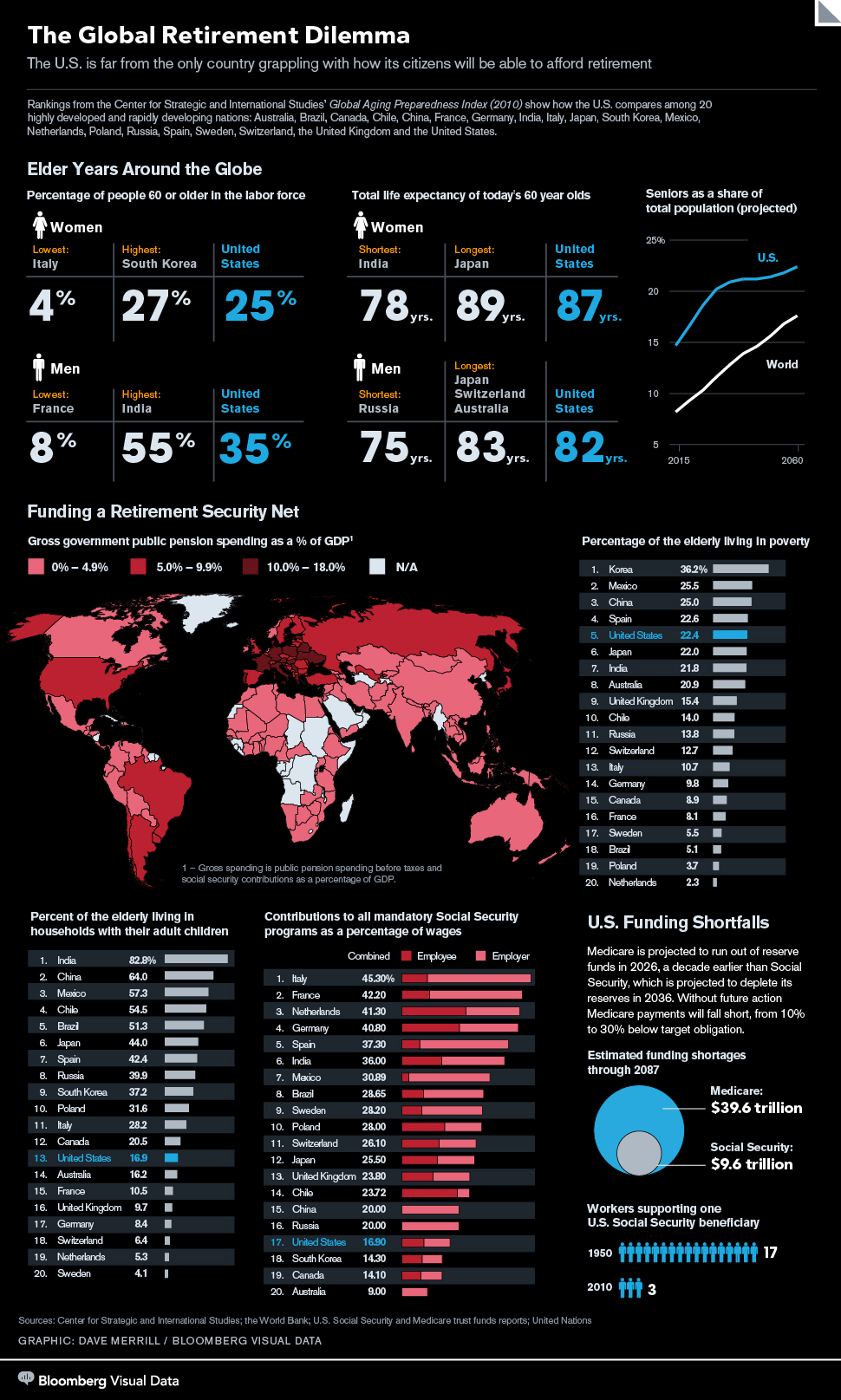Start Early to Raise Money-Savvy Kids
 Three out of four American teens can’t decipher a pay stub. The financial literacy of American 15-year-olds is marginally average in an international, widely-cited assessment.
Three out of four American teens can’t decipher a pay stub. The financial literacy of American 15-year-olds is marginally average in an international, widely-cited assessment.
Since only 17 states require a high-school personal-finance class, the burden of teaching our kids about money falls on us parents.
A comprehensive review of the academic literature shows that basic financial habits are generally set by age 7. Children as young as 3 can comprehend basic financial concepts like value, exchange, and choice.
Some parents are terrified by the notion of teaching their kids about money because they feel their own knowledge of the subject is thin. But you don’t need to be a Certified Financial Planner to show your kids the advantage of saving a dime out of every dollar, comparing prices, and avoiding high-interest credit card debt.
MoneyAsYouGrow.Org
The website MoneyAsYouGrow.org is a fantastic resource that pulls together the best research and educational materials available into a manageable list of 20 financial rules of thumb. These pearls of wisdom are organized by age and include activities to bolster the learning process.
So if you’re a parent or grandparent, seize the opportunity to shape your child’s future by nurturing their financial savvy.
The first step is to start talking to your kids about money. So grab your talking points from MoneyAsYouGrow.org and get to it!
Source: WSJ
















